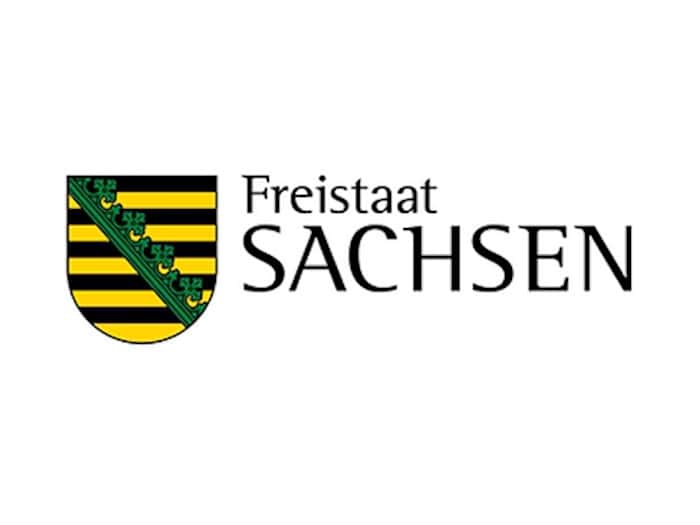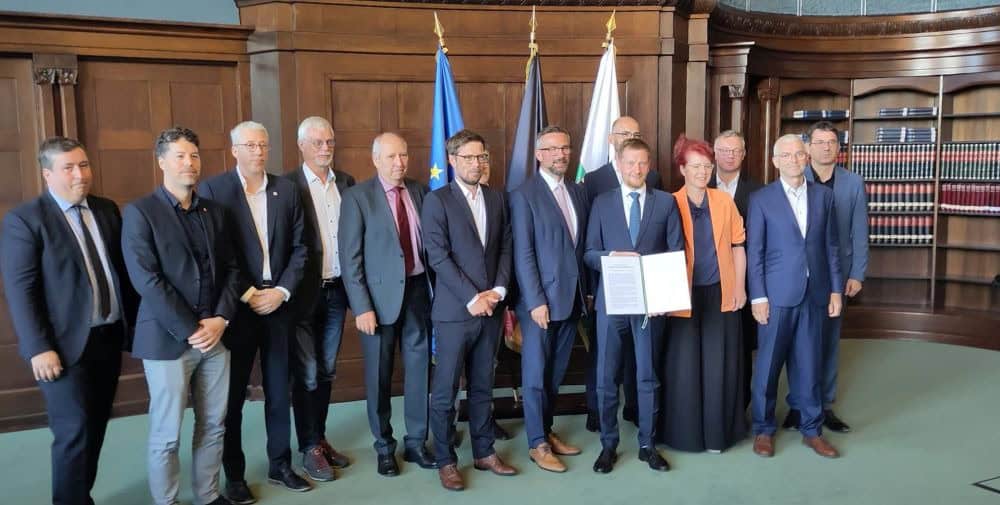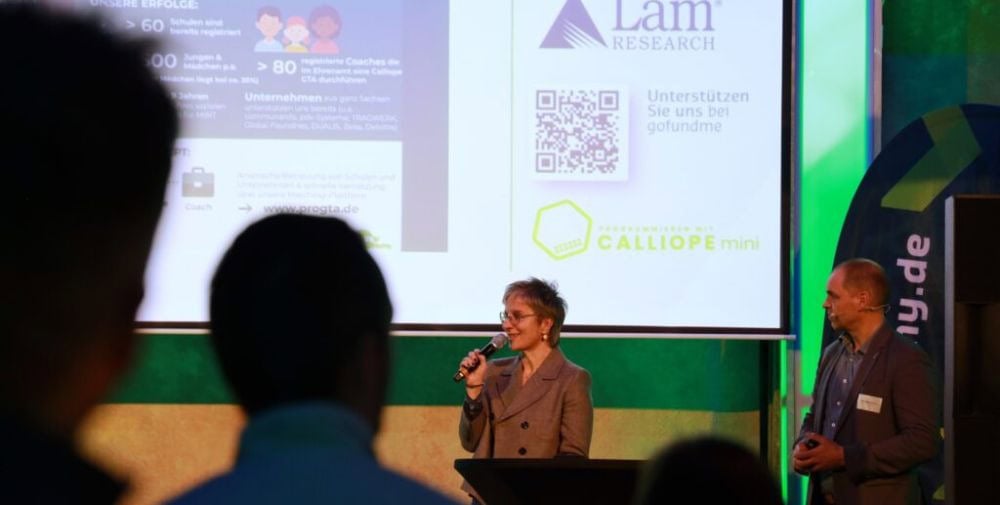
Cooperative approaches were discussed and agreed upon, in particular for the recruitment of skilled workers, in order to further promote the overall economic growth of companies in the Free State. As a result of the talks, the chambers and microelectronics companies signed a Memorandum of Understanding (MoU).
The MoU sets out various measures to strengthen the skilled workforce base and for closer cooperation. These include:
- strengthening the microelectronics companies’ own in-company training,
- cooperation in the further internationalization of the Saxon labour market,
- a regular exchange and the maintenance of partnerships between microelectronics companies, chambers, industry associations, SMEs and start-ups as well as
- the creation of sustainable and needs-based training structures and measures to recruit skilled workers.
Prime Minister Michael Kretschmer: “Dresden is the leading microelectronics location in Europe. The chip manufacturers, the many small and medium-sized companies, the excellent research institutions and universities in Saxony’s microelectronics ecosystem all make an important contribution to the state’s positive economic development. The large companies are the driving force behind the regional economy. Economic growth is also accompanied by an increasing demand for skilled workers for companies of all sectors and sizes. The agreement between microelectronics companies and chambers of commerce to compete fairly for skilled workers and to cooperate more closely is a strong signal. I am convinced that this will create valuable impetus for the entire Saxon economy and the Free State of Saxony.”
Minister of Economic Affairs and Labor Martin Dulig: “Local small and medium-sized enterprises should and will also benefit from the investments in microelectronics plants. Close and fair cooperation between microelectronics companies and the regional economy is also important and necessary, especially when it comes to training and recruiting skilled workers. More than 80,000 people are already employed in the industry today, including suppliers. We expect this figure to rise to over 100,000 highly qualified workers by 2030. We will not be able to meet this demand with people from within Germany. With our settlement and research policy, we are attracting skilled workers from all over the world and we want people to enjoy living with us and stay here. Saxony has often benefited from immigration in the past, not least the chip industry. Only through a culture of openness, tolerance and diversity can we further expand our strong ecosystem. If we tackle it wisely, we will all benefit if there are partners who want to move to Saxony and work with us and if their children attend our kindergartens and schools.”
Chamber of Crafts President Jörg Dittrich: “The establishment of microelectronics companies is an opportunity for Dresden as a business location, from which the skilled trades can also benefit. However, this will further intensify competition for skilled workers. The skilled trades sector also needs adequate personnel development in order to be fit for the future. Politics and business must therefore pull together to ensure an adequate pool of skilled workers.
Michael Woittennek, Managing Director of X-FAB Dresden: “First of all, I would like to emphasize: We are operating in an internationally characterized future market with great prospects. Semiconductor technologies are and will remain of central importance when it comes to intelligent solutions for the challenges of our time. This is attractive and exciting and we must build on this and also offer the best framework conditions for specialists outside Saxony and Germany. That is why today’s signing of the declaration of intent is an important step towards making our location even more attractive and competitive together. Politics and business are equally challenged here. As a company, we have been playing our part in recruiting skilled workers for many years, as we attach great importance to training. And last but not least, we actively promote openness to the world and diversity, an important factor for the attractiveness of a location.”
Lukas Rohleder, Managing Director of the Dresden Chamber of Industry and Commerce: “The microelectronics companies show how important dual training is for innovative growth industries with their wide range of apprenticeships. In order to adapt the training content to the increasing expectations of the economy, the profession of microtechnologist is currently being redesigned.”
Further links
👉Memorandum of Understanding between the Dresden Chamber of Industry and Commerce, the Dresden Chamber of Skilled Crafts and the chip industry in Dresden (document)
👉Saxon State Chancellery


